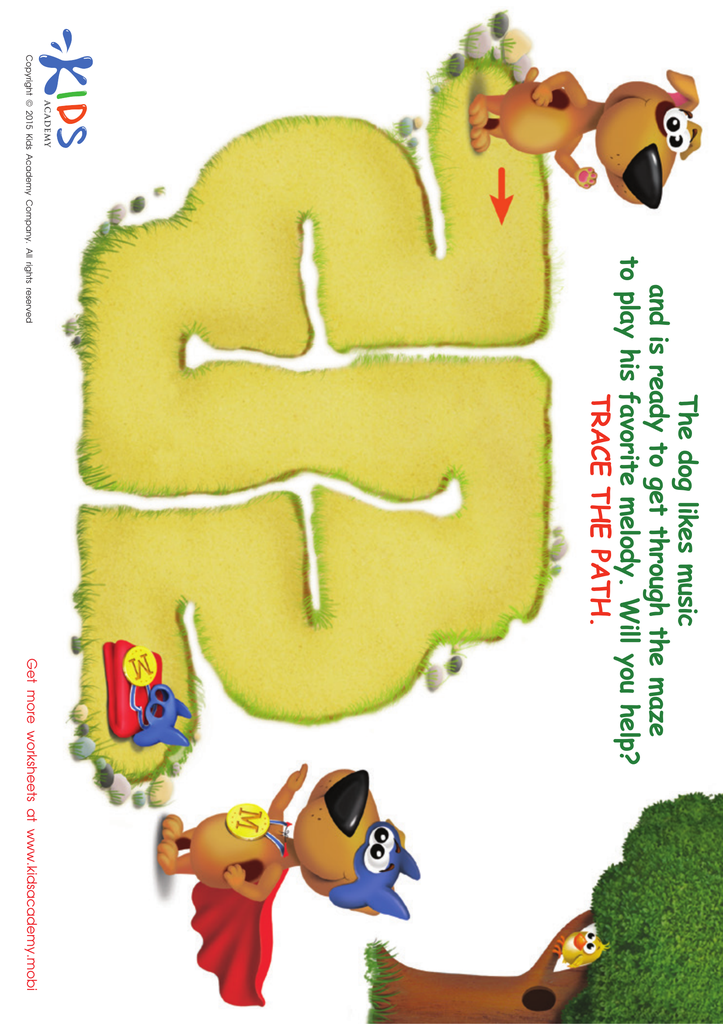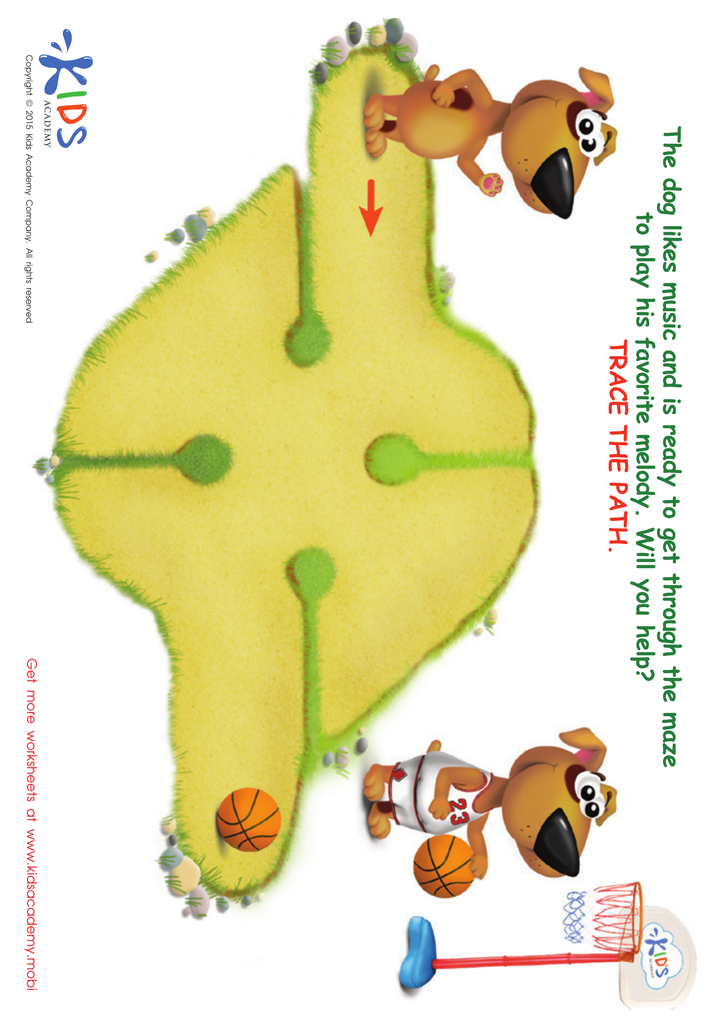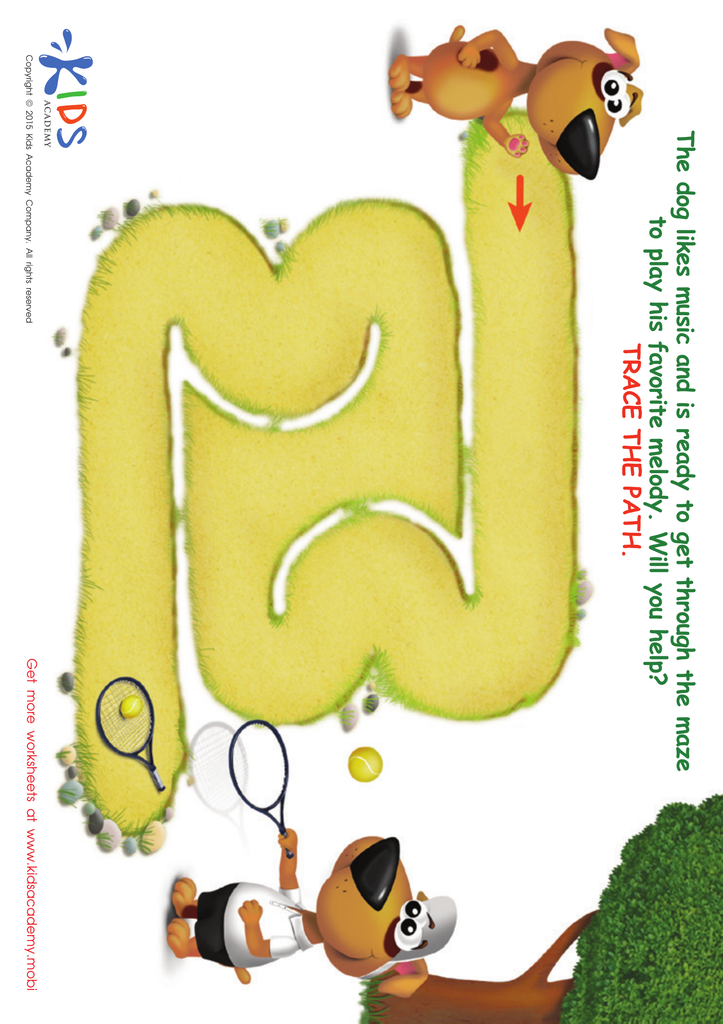Hand-eye Coordination Mazes Worksheets for Ages 3-8
3 filtered results
-
From - To
Enhance your child's motor skills with our Hand-eye Coordination Mazes Worksheets designed for ages 3-8. These engaging activities not only entertain but also foster crucial hand-eye coordination necessary for everyday tasks and academic success. Through fun mazes, children navigate paths that sharpen their focus and fine motor abilities. Each worksheet progressively challenges young learners, making skill development enjoyable and effective. Perfect for home or classroom use, our meticulously crafted mazes promise an educational adventure that supports early childhood growth. Give your child the tools they need to excel with our expertly designed, easy-to-use hand-eye coordination worksheets.


Superman Maze Worksheet


Basketball Player Maze Worksheet


Tennis Player Maze Worksheet
Hand-eye coordination mazes are an incredibly beneficial tool for young children, ages 3-8, as they offer a fun and engaging way to develop crucial motor and cognitive skills. At this formative stage, children are rapidly developing their fine motor skills, which are essential for tasks such as writing, buttoning clothes, and other daily activities. Completing mazes requires kids to guide a pen or finger through intricate paths, strengthening the connection between visual input and hand movement.
In addition to enhancing fine motor skills, mazes foster problem-solving abilities and spatial awareness. Children learn to navigate the maze by planning their moves ahead, which enhances their ability to visualize spatial relationships and improves logical thinking. This kind of mental exercise is important for academic learning, including math and reading comprehension.
For parents and teachers, incorporating hand-eye coordination mazes into a child's routine can also boost focus and patience. As children concentrate on finding the right path, they practice persistence and develop attention to detail. Engaging kids in such mazes at an early age can lay a foundation for more complex learning tasks, increase their confidence, and foster a positive attitude toward challenges. Overall, these mazes are a rich, multi-dimensional developmental resource perfect for this critical growth stage.














